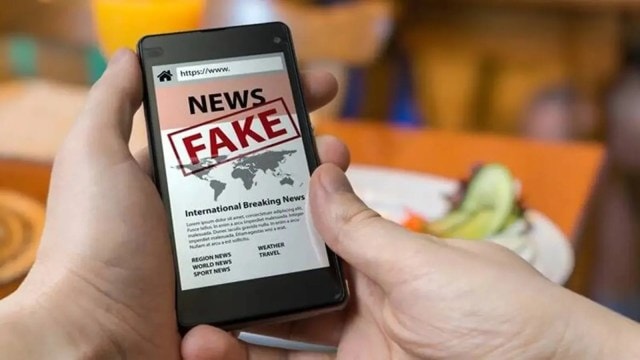Centre notifies its fact check unit to red-flag news it considers false
With this notification, social media platforms such as Facebook, Instagram, YouTube and X are now legally obligated to take down content flagged as misinformation by this fact check unit, or risk facing litigation.
 SC will hear today challenge to HC interim order declining stay on unit.
SC will hear today challenge to HC interim order declining stay on unit.A DAY BEFORE the Supreme Court is scheduled to hear a challenge to the Bombay High Court’s interim order refusing to stay the setting up of a Fact Checking Unit (FCU), the Union Electronics and IT Ministry Wednesday notified the FCU under the Press Information Bureau as a statutory body with powers to flag what it believes is false information related to the Central government and its agencies on social media sites.
With this notification, social media platforms such as Facebook, Instagram, YouTube and X are now legally obligated to take down content flagged as misinformation by this fact check unit, or risk facing litigation.
The amended IT rules were challenged in the Bombay High Court last year by comedian Kunal Kamra, Editors’ Guild of India, and some media organisations. Justice Gautam Patel and Justice Neela K Gokhale had delivered a split verdict with one ordering a stay and the other upholding it. In his verdict ordering the stay, Justice Patel said it would have a “chilling effect” on the right to free speech and freedom of press.
Justice A S Chandurkar, the third judge assigned to give an opinion on the split verdict, is yet to give his final decision.
However, after he refused to stay the setting up of the FCU on March 11, the division bench formally pronounced on March 13 that with a 2:1 majority, it would not stay the FCU’s notification.
The Fact Check Unit has been a contentious issue with concerns about the government’s fairness to act as an arbiter in matters where it may have a conflict of interest. There are worries around its potential impact on press freedom, especially when reports critical of the government are published. With social media platforms becoming an important tool for media companies to disseminate content, flagging of a report as fake by the FCU can prompt the government to direct a platform to remove the links to that report.
With political parties in the Opposition, including Congress, Trinamool and the RJD, criticising the decision last year, the government had assured them that the government-backed fact check body will work in a “credible” way.
In his verdict of January 31, Justice Patel had said, “The sinister and insidious facet to the impugned amendment is that this new agency has far more than a loud bark: it has fangs and claws, for its unilateral view of what is or is not the ‘truth’ is accompanied by a requirement of removal of what it has so determined (to be fake, false or misleading); and an intermediary can refuse it only on pain of losing statutory protector or ‘safe harbour’. Taken together, this has what they describe as ‘a chilling effect’ on the right to free speech and freedom of the press,” Justice Patel had noted.
The gazette notification by the Ministry of Electronics and IT said, “In exercise of the powers conferred by…the Information Technology (Intermediary Guidelines and Digital Media Ethics Code) Rules, 2021, the Central Government hereby notifies the Fact Check Unit under the Press Information Bureau of the Ministry of Information and Broadcasting as the fact check unit of the Central Government…”
Functionally, when this unit flags a piece of content as fake, social media platforms will have to take it down as part of their due diligence requirement under the IT Rules. In fact, not just social media companies, but even internet and telecom service providers like Jio and Airtel will have to block that information, meaning that a web link of a particular report could potentially be blocked.
In January 2023, the IT Ministry had released draft amendments to the IT Rules, 2021, proposing to confer powers to the PIB’s fact check unit to monitor content on social media and flag alleged pieces of misinformation concerning the business of the Centre. In April, when the rules were finally notified, the mention of the PIB unit had been dropped, and replaced with a fact check unit of the Central government.
Experts had earlier flagged that the change could potentially impact a range of stakeholders, including opposition political parties and journalists. Several parties in the Opposition including the Congress, TMC, RJD and CPI(M), had come down heavily on the government last year over its decision. So had digital rights activists and press associations like the Editors Guild of India, which called the rules “draconian”.
In his January 31 verdict, Justice Patel had said, “It is not the business of the government to keep citizens from falling into error. It is the other way around… Governments do not select citizens. Citizens elect governments.” He had said there was no fundamental right to falsehood, fake news, or deep fakes.
It was “unthinkable” that any one entity can unilaterally identify the content to be fake, false or misleading and the same “cannot be the sole preserve of the government. The argument that the government is ‘best placed to know the truth’ about its affairs is equally true of every citizen and every entity,” he stated.







